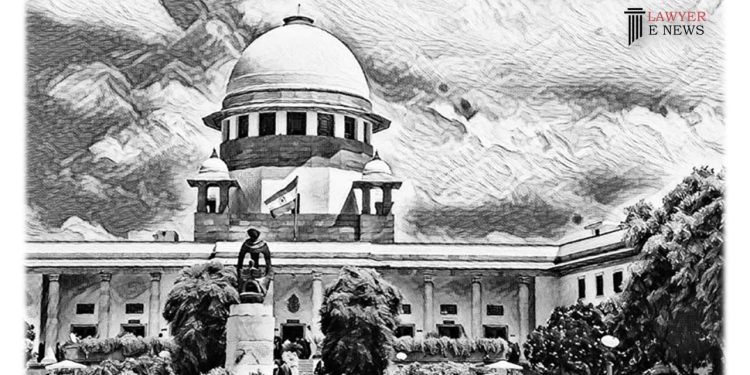-
by Admin
17 February 2026 2:34 PM



In a landmark decision, the Supreme Court has acquitted the accused in a murder case, highlighting significant flaws in the evaluation of evidence presented in the trial. The case pertains to the conviction of the appellants under Sections 201, 300, and 302 of the Indian Penal Code (IPC) read with Section 34, stemming from a murder committed in June 1999.
Delivered on August 8, 2023, the ruling was handed down by a bench comprising Hon’ble Mr. Justice C.T. Ravikumar and Hon’ble Mr. Justice Sanjay Kumar. The Supreme Court meticulously examined the judgments of the trial court and the high court, ultimately concluding that the convictions were unsustainable due to the pervasive errors in the assessment of evidence.
At the heart of the case were critical issues such as the reliability of an extra judicial confession, the recovery of the weapon, and the establishment of motive. The court stressed that an extra judicial confession necessitates corroboration, which the witness who allegedly received the confession failed to provide. Inconsistencies in the witness’s testimony and the absence of vital details undermined the confession’s credibility.
Regarding the recovery of the weapon, deemed crucial for the prosecution’s case, the court observed that the lack of an independent witness and the public accessibility of the recovery location diminished its weight as evidence. The court highlighted the need for robust corroborative evidence for such recoveries.
The court also addressed the motive, noting that the prosecution struggled to establish a clear and compelling reason linking the appellants to the crime. The motives presented lacked cohesion and lacked substantial evidence connecting them to the accused.
The judgment referenced several cases to underscore the importance of meticulous evidence assessment, emphasizing the need to thoroughly evaluate witness credibility and corroborative evidence. The court noted that both the trial court and high court judgments fell short in properly scrutinizing inconsistencies, discrepancies, and the absence of corroboration.
Ultimately, the Supreme Court concluded that the evidence presented was insufficient to establish guilt beyond a reasonable doubt. In light of this, the appellants were acquitted, and their bail bonds were discharged.
Date of Decision: August 08, 2023
Krishan Kumar & Anr.vs The State of Haryana
